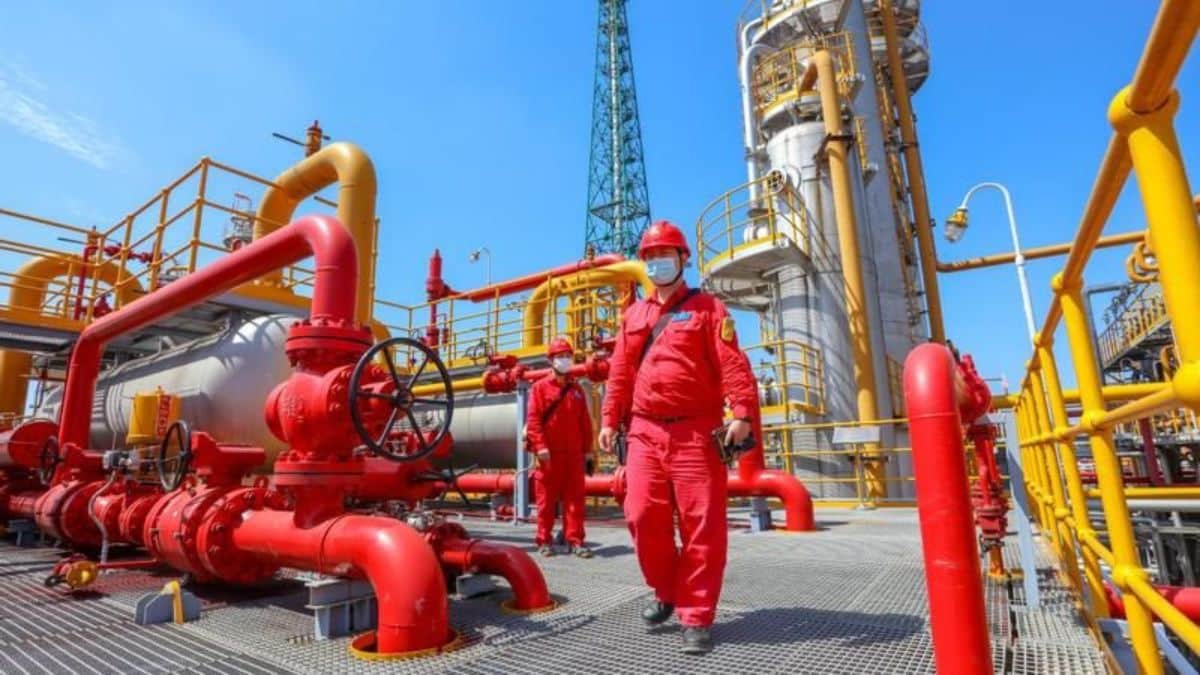China’s natural gas production reached 123.6 billion cubic meters in the first half of 2024, marking a 6% increase compared to the same period last year. This growth reflects the country’s ongoing efforts to enhance its energy production capacity to meet the rising domestic demand and ensure greater energy security.
The significant increase in natural gas production is part of China’s broader strategy to diversify its energy mix and reduce dependence on coal. Natural gas, being a cleaner fossil fuel, plays a crucial role in China’s transition towards more sustainable energy sources. The country’s commitment to reducing carbon emissions and combating air pollution has driven investments and technological advancements in the natural gas sector.
First, the Chinese government has implemented supportive policies to encourage domestic natural gas exploration and production. These policies include financial incentives, tax breaks, and streamlined regulatory processes aimed at attracting both domestic and foreign investments in the energy sector. Additionally, state-owned enterprises and private companies have been expanding their exploration activities, particularly in key gas-rich regions such as Xinjiang, Sichuan, and Inner Mongolia.
Technological advancements have also played a significant role in increasing production efficiency. Enhanced extraction techniques, such as hydraulic fracturing and horizontal drilling, have enabled the exploitation of previously inaccessible gas reserves. These technological improvements have not only increased production volumes but also reduced costs, making natural gas a more competitive energy source.
China’s growing natural gas output is crucial for meeting the country’s energy needs, which have been rising steadily due to rapid urbanization, industrialization, and economic growth. The increased production helps to ensure a stable supply of natural gas for various sectors, including electricity generation, manufacturing, and residential heating. Moreover, it reduces the need for imports, thereby enhancing China’s energy security and reducing its vulnerability to international market fluctuations.
The rise in natural gas production also aligns with China’s international commitments to environmental sustainability. By boosting the use of natural gas, China aims to lower its carbon footprint and meet its targets under the Paris Agreement. The transition to cleaner energy sources is expected to have long-term benefits for both the environment and public health, as it leads to a reduction in air pollution and greenhouse gas emissions.

